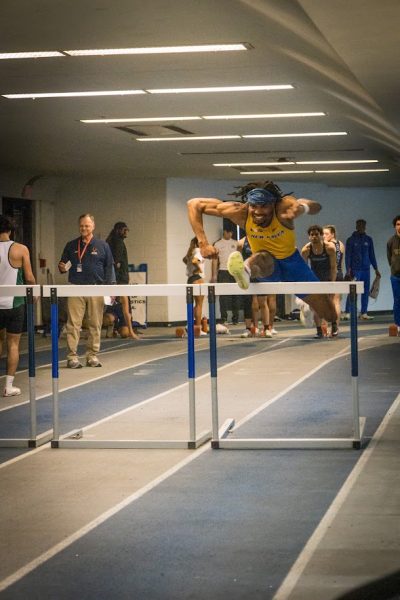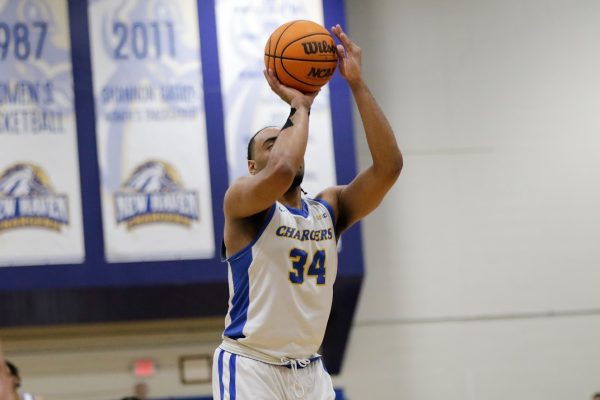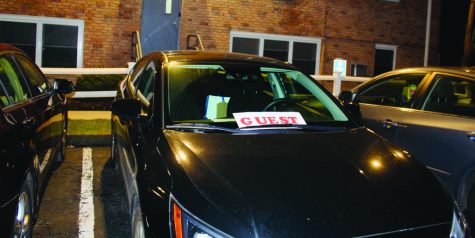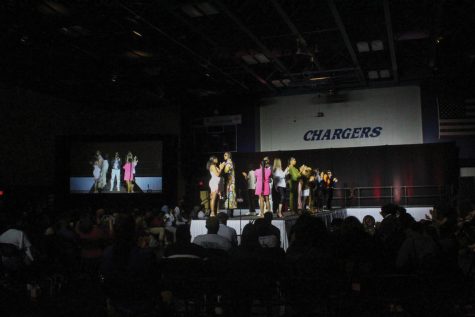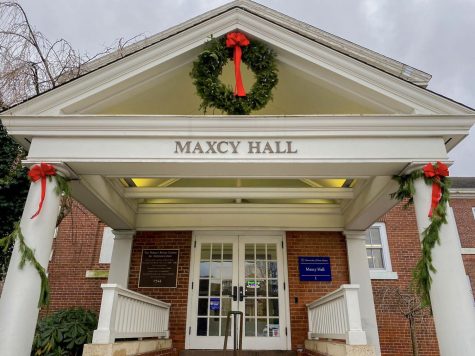Community Looks to “Disable the Label”
Disable the Label, held Tuesday at the University of New Haven, gives students who have disabilities a chance to show they are people, too.
At the event, co-sponsored by the Accessibility Resources Center, Delta Alpha Pi, and ASD Network, students and staff participated in obstacle courses and activities, and listened to students speak out about their lives.
Disable the Label was created to show that a diagnosis does not mean people are incapable of doing normal things students without a disability is able to do
Linda Copney-Okeke, director of the school’s Accessibility Resource Center said, “What Disable the Label means for me is my wish and hope for the day when people would not see individuals with disabilities as the myth-filled, stigmatized labels that society puts on them, but rather as individuals with hopes, dreams and passions like every other person may have.”
Copney-Okeke wants people to realize that everyone regardless of having a disability or not wants to live their lives accepted for who they are as a person.
Students at the panel spoke about what it’s like to live with a disability, but still able to not let their disability get in the way of them getting an education, making friends, and spreading awareness of their disorder.
James Defrancesco, sergeant at arms of the ASD Network said, “Disable the Label has become important to me because it’s a great time for disabled students to spread awareness about their respective disabilities and for others to learn about different conditions.”
Even in the panel Defrancesco participated in, he learned a lot from his peers with different disabilities than him.
I may be on the autism spectrum, but my autism does not define me, it’s only a part of who I am.
Jonathan Renaud, president of ASD Networking club, was part of the panel. He said students with disabilities deserve the same rights as the rest of the school. Despite their disabilities, they are able to attend college and give everything they have.
After the panel, students watched a movie shown at the Bixler/Gerber quad, and then they attended the event’s fair.
Copney-Okeke said she wants people to know that students are not disabled, but rather, individuals who just happen to have a disability.
Defrancesco said, “We may have problems, we’re people just like you.”
Those with disabilities have a hard time being who they are in public because some people around them simply just do not understand. Disable the Label helped these students have their voices heard and maybe there would be changes to how they are treated by others.
“Just because I have trouble understanding some things people see as normal or I’m socially awkward doesn’t mean I’m unapproachable. I may be on the autism spectrum, but my autism does not define me, it’s only a part of who I am. If people stop thinking of us only as disabled people and think of us as just people, I think they’ll see that we aren’t that’s different at all.”
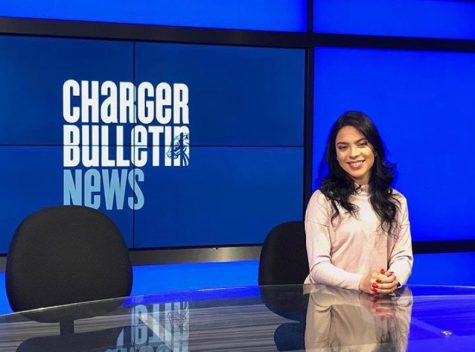
Nicole Rivera is a senior at the University of New Haven majoring in communications with a concentration in journalism and a minor in photography. Nicole...


